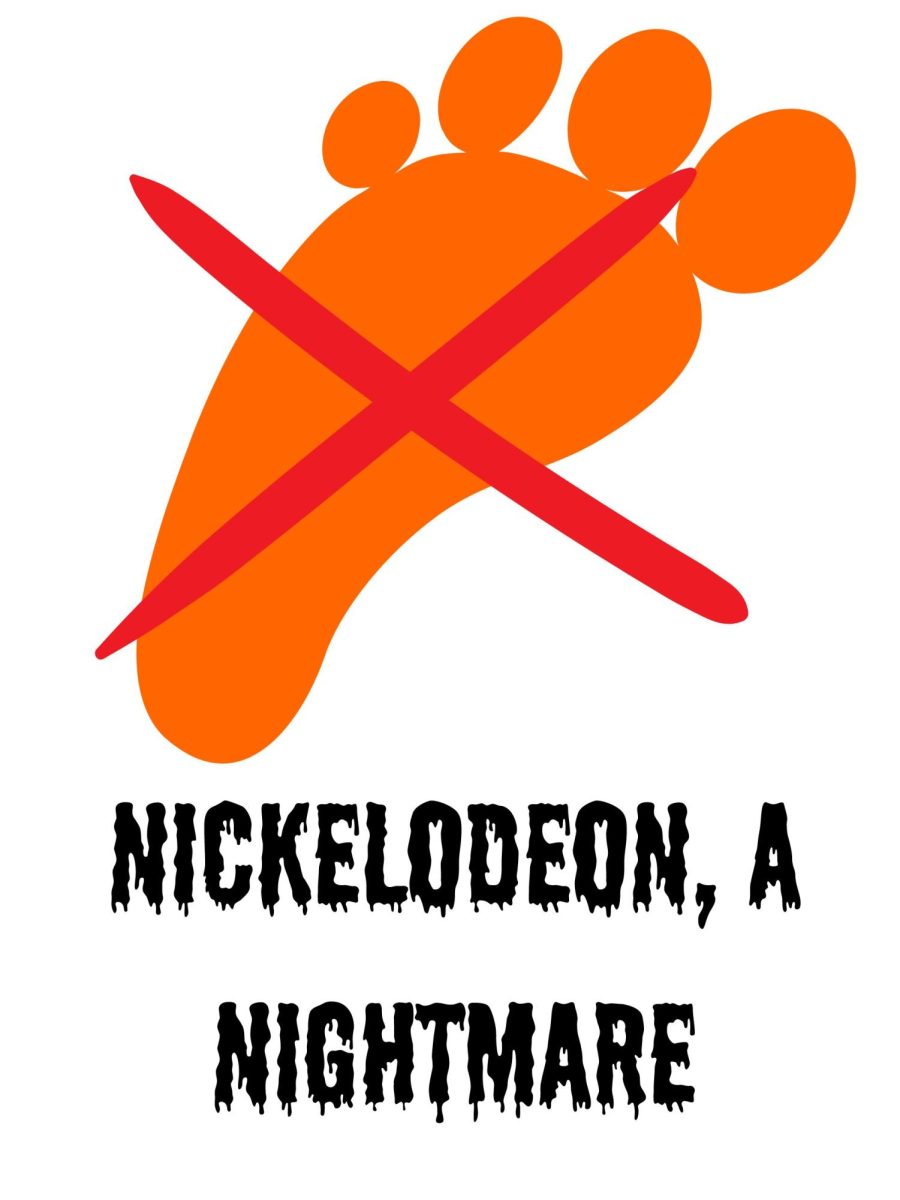Quiet On Set courageously ventures into the hidden realm behind the glitz of 90s/2000s kids TV, revealing a chilling narrative of exploitation and neglect. Through heartfelt testimonies from both the children who endured the toxic environment and the parents who grapple with their own silence, the series lays bare the unsettling truths of the industry.
The bravery of these children in sharing their stories is matched by the troubling admissions from some parents who, disturbingly, acknowledged their inaction in the face of abuse. Their revelations serve as a sobering reminder of the systemic failures that enabled such exploitation to thrive.
Describing the accusations leveled against Dan Schneider by two female Nickelodeon writers as astonishing is quite challenging, considering that their accounts resonate with a disturbingly common scenario experienced by countless women, both within and beyond the entertainment industry. Jenny Kilgen and Christy Stratton, having gotten their dream job in 1999, found themselves in a workplace dominated by men, where they had to sit through sexist pranks, dares, and offensive jokes that only isolated them further.
In response to the series, Schneider took to YouTube in an interview where he acknowledged and apologized for making female staff uncomfortable, such as by requesting massages. However, he also sought to justify his actions, citing the pressures inherent in his role.
One of Schneider’s defenses centered around the sexually suggestive content in his shows, admitting that while he acknowledges wrongdoing, he pointed out that producers do not wield unilateral authority over content aired on networks like Nickelodeon. Clearly, his superiors failed to intervene in these matters.
Beyond its impact on our cultural perception, Quiet on Set serves as a revealing exploration of power dynamics within the entertainment industry and its historical failure to adequately protect its talent, especially those most vulnerable.
In later episodes, the series delves into even darker territory, notably highlighting actor Drake Bell’s revelation of being physically assaulted on a Nickelodeon set at the age of 15 by Brian Peck, a dialogue coach later convicted of sexual abuse.
Quiet on Set calls for reflection on the industry’s past shortcomings and urges concerted efforts to ensure the safety and well-being of all involved in the entertainment industry. It underscores the importance of accountability, transparency, and systemic change to prevent such exploitation from recurring in the future.















